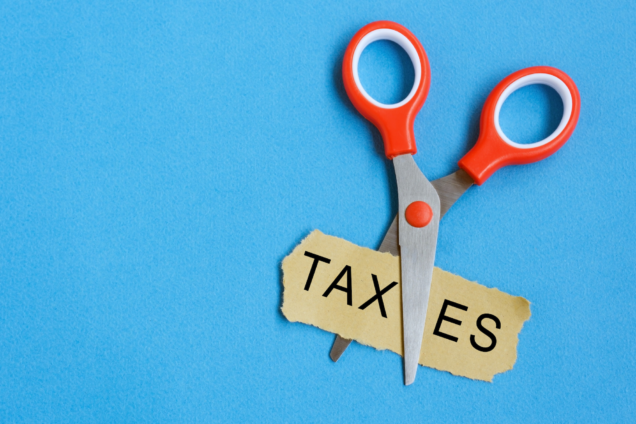The Finance Ministry has revealed that Ghana lost GHȼ4.6 billion to tax expenditures in 2023—a 4.2% drop from the GHȼ4.8 billion recorded in 2022.
While the decline suggests a modest improvement, the scale of these exemptions—particularly import waivers—continues to raise concerns about the country’s fiscal health and revenue mobilization efforts.
Breakdown of Tax Expenditures
Tax expenditures refer to revenues forgone due to preferential tax treatments, including exemptions on domestic taxes and import duties.
In 2023, import exemptions dominated, accounting for GHȼ3.545 billion—or 76.76% of the total. Domestic indirect tax exemptions amounted to GHȼ809 million, while domestic direct tax exemptions stood at GHȼ264.02 million.
Import exemptions have steadily increased, rising from GHȼ2.46 billion in 2021 to GHȼ3.545 billion in 2023.
The largest share came from parliamentary exemptions, which totaled GHȼ1.7 billion—representing 37% of all tax expenditures and nearly half of the import exemptions.
The Controversy Over Parliamentary Exemptions
Parliamentary exemptions—granted under parliamentary resolutions—cover a broad range of public and publicly guaranteed projects financed through loans, aid, or grants. They also extend to benefits for Members of Parliament (MPs) and Council of State members, such as vehicle tax waivers.
In 2023, these exemptions included:
- GHȼ1.3 billion for mining companies
- GHȼ460 million for grant-funded projects
- GHȼ40.9 million for the One District One Factory (1D1F) program
- GHȼ3.9 million for MPs and Council of State members’ vehicle tax waivers
The World Bank has repeatedly urged Ghana to rationalize its import duty waivers, warning that excessive exemptions erode the country’s revenue base.
The NDC Minority in the 8th Parliament also resisted certain waivers in the final days of the outgoing NPP government, particularly those under the 1D1F initiative, arguing that such exemptions disproportionately benefit a select few while undermining public finances.
A Sign of Progress?
Despite the rising value of import exemptions, their share of total tax revenue has declined—from 5.74% in 2018 to 3.14% in 2023.
The Finance Ministry attributes this to a more streamlined exemption regime, fewer project-related disbursements, and improved revenue collection.
Still, tax expenditures remain a significant drain on public funds. As Ghana faces ongoing economic challenges, the government must balance offering incentives to attract investment with preserving vital revenue streams.
With a tighter borrowing environment, every cedi saved from unnecessary exemptions is critical for sustaining public finances.
ALSO READ:


